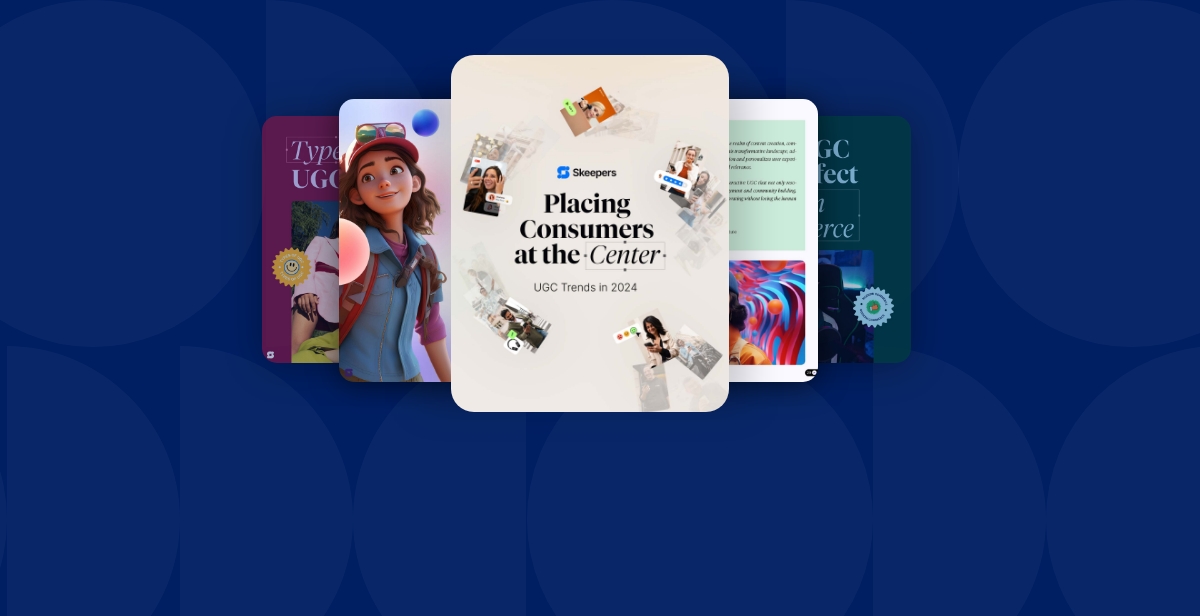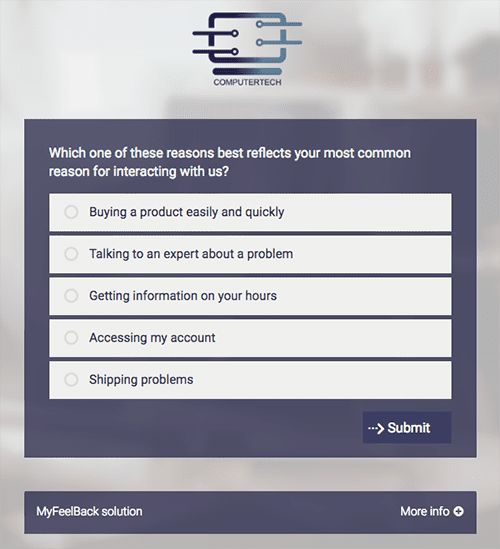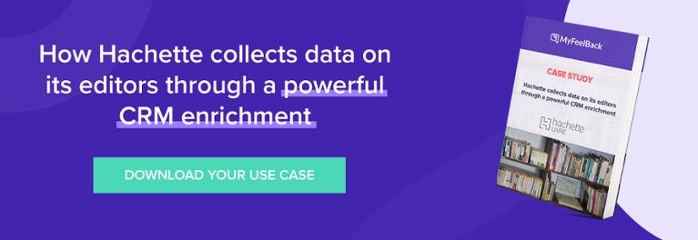You’ve got a CRM full of your customer’s information: Name, where they live, what they purchase at your company, and any other information collected during interactions with them. Because of this, it might feel like you truly know your customers. However, knowing your customers on a one-dimensional level, meaning knowing them only in terms of...
You’ve got a CRM full of your customer’s information: Name, where they live, what they purchase at your company, and any other information collected during interactions with them. Because of this, it might feel like you truly know your customers.
However, knowing your customers on a one-dimensional level, meaning knowing them only in terms of how they interact with your company, does not really constitute real customer knowledge. To truly know your customers, you need to step outside of the realm of business and think about who your customers are on a personal level.
This will help you sell more effectively, and help you connect with them to build a long lasting emotional relationship that will keep them coming back year after year.
Here are six “personal” things you should absolutely have stored in your CRM about all of your returning customers.
1. Are they Type A or Type B?
Some people are impulsive and therefore impulsive buyers. Some people are planners: they buy the same thing every year, at the same time, for a specific reason. Knowing what kind of person, and therefore what kind of purchaser, your customer is will help you to better market to them and know what to expect in terms of their LTV (lifetime value).
If you can count on your customer to spend $500 a year on consistent purchases of one product, you will know exactly what that customer is worth to you. Don’t forget to ALWAYS take into account the value of a customer being a recurring customer and not having to exert the energy to win them over like you would with a new customer. Knowing that one of your most loyal customers always buys the same product might also help you to keep this product in stock. Recurring customers have inherent value, for this reason.
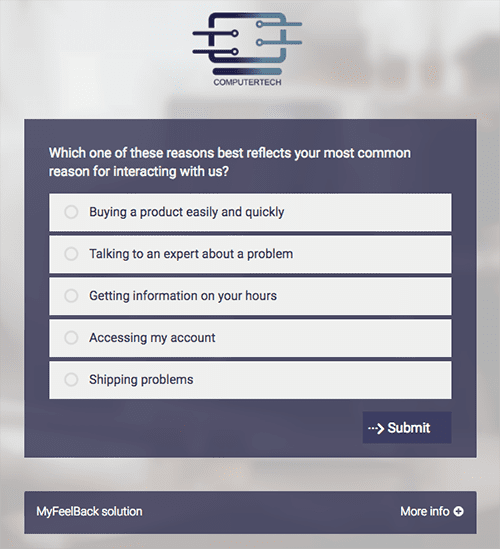
If you know that your customer is an impulsive buyer, you might take the time to heavily target them with Facebook ads with your newest, coolest products.
Read More : 5 Rules for Deploying Your CRM Effectively
2. What are their online habits?
One of the most essential things to know about your customer is how they act online. Of course you need to know what social media platforms (if any) they spend significant time on. If your customers have Facebook accounts that look well maintained, this information should go in your CRM. If they are big tweeters, this should also go be kept in mind. If they hate social media, you guessed it, record that in your CRM.
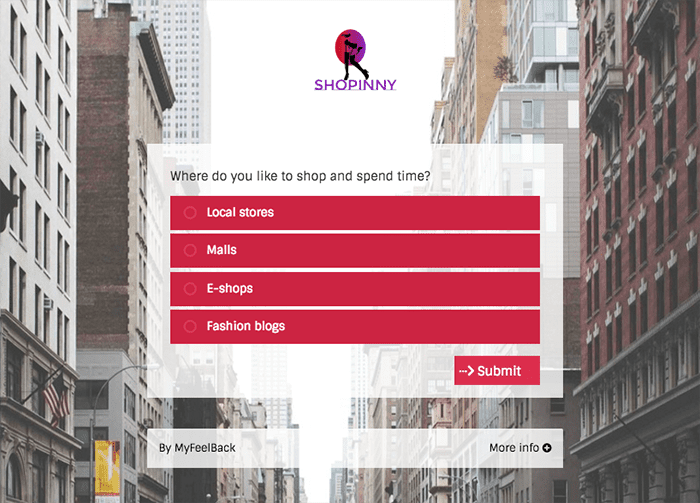
You don’t need to bother spending ad dollars marketing to people on channels that they don’t use, or marketing to them on social media if they don’t go there at all. If they do use social media, take it a step further to figure out how they act on their accounts: do they access it daily and use it for a lot of decision making? Do they review products and companies often? Do they complain about bad service? All of these things will help you make better marketing strategies and know your customer on a deeper level.
3. Do they hate their job? Boss? Spouse?
OK, you don’t need to go digging into your customers drama to try and figure out exactly what’s going on in their personal lives, but it is important to be well aware of your customers pain points and what challenges they face throughout the day so that you can address these pain points in your marketing or for new product development.
If you don’t respond to your customers real worries and concerns, they are not going to feel motivated to click on your ad/purchase your product, etc. Emotion is a big motivator.
4. What stage of their life are they in?
Another great thing to find out about the customers you are looking to sell to, is if they have any big life changes coming up. Moving, changing jobs, having a baby, getting married, etc. are all things that can either inspire a customer to spend more or require them to cut back, depending on the industry you are in.
If you have an event on a specific product like baby items, using a targeting ad system like Facebook Ads can help you find the people who are currently having a baby. Either way, make sure to record any pertinent information that you gather through talking with your customers into your CRM. Even if you don’t know if it will be useful, it’s better to simply record it so that you have it in case you do end up needing to reference it.
Read more: Why Marketers Need to Care About CRM Enrichment
5. What’s their attitude?
As a general rule, it’s good to make notes on the temperament and personality of certain customers, especially if they are particularly demanding or difficult, just to give other sales people a heads up and to head off any problems before they begin.
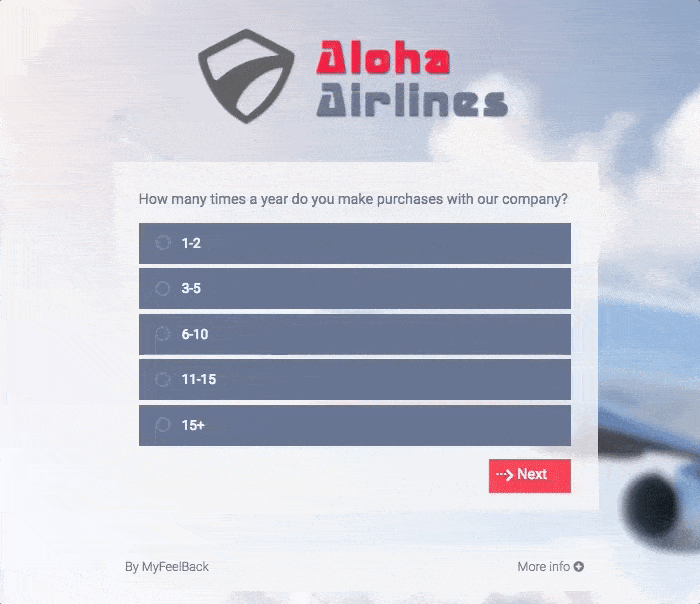
Your CRM can do a lot more than simply record sales data on your customers. Use it as a database to help you get a “real life” view of who your customers are so that they come alive for your sales and marketing team.
The more you know about your customer, the better you will be able to serve them, so it is a win-win for everyone. You can use surveys to ask some of the more personal information you’d like to gather about your customers, or use any correspondence you have with them to learn details about their lives. Social media can also be a great tool when it comes to gathering customer knowledge.






